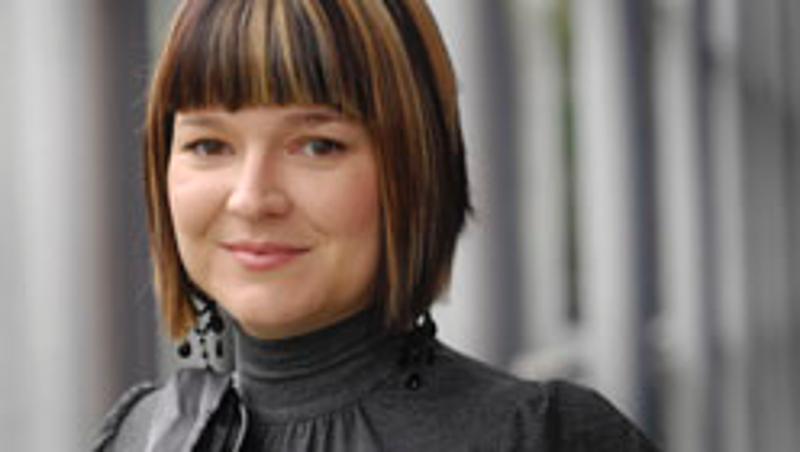
A Queensland University of Technology (QUT) researcher looking at the experiences of lesbian, gay, bisexual and transgender (LGBT) young people with the police has recommended that more education is needed - on both sides.
Dr Angela Dwyer of QUT's School of Justice conducted interviews with 35 LGBT young people to find out what they thought of police, what police interactions they had experienced, and how they thought the relationship between themselves and members of the police service could be improved.
She said one of the things she found most surprising was how many LGBT young people were approached and told not to show affection for their same-sex partner.
"There were instances where showing same-sex affection in public was challenged by police. For example, there were instances where a young gay male was showing affection to his male partner, and a police officer has approached them and told them it was inappropriate in public," said Dr Dwyer.
"I didn't think that stuff would have been happening, and although it was the exception rather than the rule, a number of cases of this happening were reported to me."
She said many of the young people expressed a desire to receive more education about how to talk to the police, particularly those who had had limited positive experiences with authority figures.
"Police are, of course, seen as authority figures and many of these young people had had bad experiences with authority - for example, if they had been kicked out by their parents - so they had not had that experience of mutual respect and are understandably wary," she said.
She said many of the other issues reported were similar to issues between police and most young people - but there were areas when sexuality did matter.
"These young people said that they felt police interactions were influenced by looking like a gay young person," said Dr Dwyer.
"While they acknowledged that police did not necessarily intend to be discriminatory, it did seem to them like there was a difference there."
Dr Dwyer said some of the young people who reported homophobia to police had been told something along the lines of "If you didn't dress like that wouldn't have a problem".
"It was rare for police to use homophobic language, perhaps because the police have amped up training and education about supporting LGBT communities. But these young people did feel there was room for improvement," she said.
"Overwhelmingly, they did have fairly negative opinions of police."
Young people wanted education and for police to be further educated about the issues that were facing them, according to Dr Dwyer.
"There needs to be mutual respect and understanding, and while the police are doing a great job and have improved, there is always room for more," she said.
"And for the young people, schools can offer education about dealing with police, as well as community groups and so on."
Dr Dwyer said she hoped to complete a larger, quantitative study about sexuality and policing in the future.
Media contact: Sharon Thompson, QUT media officer - 3138 2999 or sharon.thompson@qut.edu.au


